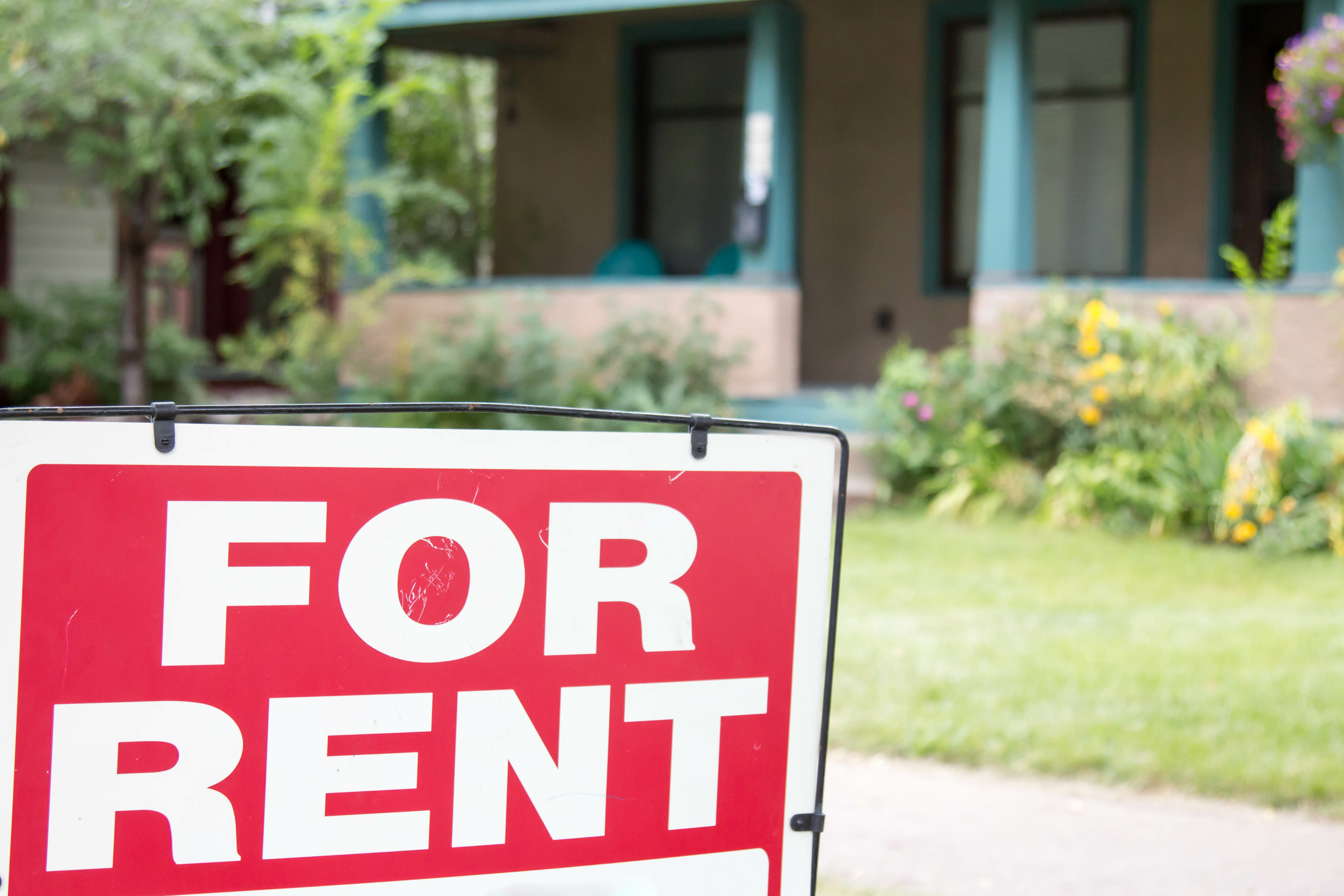Rental Scams and How to Avoid Them
Navigating the rental market can be a daunting task. It becomes even tougher when rental frauds come into play.
Rental scams are fraudulent activities aimed at potential renters. They can range from fake listings to phantom rentals, causing significant financial and emotional distress to victims.
In the digital age, rental scams have found a new playground. Online platforms like Craigslist and Facebook Marketplace have become hotspots for these deceptive practices.
Rental scams prevention and knowing how to spot a rental scam is crucial. It involves spotting warning signs like prices that seem too good to be true. It also includes high-pressure sales tactics. Sometimes, it can be as simple as utilizing gift cards for the transaction.
Preventing rental scams requires a proactive approach. This includes verifying property ownership, conducting in-person showings, and understanding your rights as a tenant.
In this guide, we'll delve into rental scams and how to prevent them. We'll provide actionable tips to help you navigate the rental market safely and confidently.

Warning Signs & Understanding Rental Scams
Rental scams are cunning schemes designed to swindle potential tenants. Scammers typically pose as landlords or agents, offering appealing property deals. The allure is often tempting, with prices far below market value to captivate unsuspecting renters.
These scams exploit people who are vulnerable, especially in online spaces. Stunning images of homes that are either fake or not available for rent often deceive individuals.
Understanding the various tactics employed by these scammers is the first step toward safeguarding oneself. Once aware, potential renters can proceed cautiously, armed with the knowledge to identify and avoid fraudulent offerings.

Common Types of Rental Scams
Rental scams come in many forms, each with its own tactics to deceive renters. These scams often leave victims in financial distress, desperate for a place to live.
- Fake Listings: Scammers post properties that do not exist or are not available for rent.
- Phantom Rentals: They advertise a property they have no connection to, taking deposits for it.
- Hijacked Ads: Authentic listings are replicated and shared online. They show fake contact information to collect personal details for a credit check.
Rental Scam Red Flags to Watch Out For
- Be wary of properties priced significantly below market value. Offers that appear too good to be true, usually aren't genuine.
- High-pressure sales tactics are another red flag. Landlords pushing for immediate action may be attempting to scam.
- Pay attention to communication methods. Scammers often communicate only via email or text, avoiding personal interaction.

How to Spot a Rental Scam in 2025
Spotting a rental scam requires keen observation and skepticism. Being critical of every detail in listings is essential. Scrutinize any errors that may arise during your rental search.
Errors between listing details and the property description should raise concerns. Verify details such as the size, location, and amenities. Any discrepancies could indicate a fraudulent listing intended to mislead you.
Conduct research on the landlord or property manager. If they are unwilling to provide identification or proof of ownership, be cautious. Genuine landlords are transparent and forthcoming with necessary information. Avoid dealings with those hesitant to share pertinent details.

Rental Scams on Craigslist and Facebook
The rise of online platforms like Craigslist and Facebook has opened doors for rental scammers. These sites are popular because of their convenience and large user base. However, they also attract fraudsters eager to exploit unsuspecting renters.
On Craigslist, scammers often post listings that seem genuine at first glance. They use real property photos obtained from legitimate sources. This tactic creates a false sense of authenticity for potential renters.
Rental scams on Facebook tend to pop up around Facebook groups. Scammers may pose as landlords or property managers in these groups. Always verify the if the listing is legitimate and the identity of anyone you’re dealing with. Never rush into agreements based solely on online interactions.
Steps to Prevent Rental Scams 2025
- Research average rental prices in the surrounding areas.
- Verify property ownership via local property appraiser website.
- Meet the landlord in person.
- Do not wire money. Use secure payment methods only.
- Do not complete a rental application or sign a lease until you verify ownership.

Verifying Property and Landlord Legitimacy
Ensuring the legitimacy of both the property and landlord is essential in preventing rental scams. Begin by checking public records to confirm property ownership. You can usually complete this through the local property appraiser’s website.
Contacting the landlord directly through official or verified means is crucial. Be cautious if the landlord is unwilling to provide identification or verification documents. A legitimate landlord will provide such information willingly.
Additionally, ask for references from past tenants. Their feedback can offer valuable insights into the landlord’s reputation and the property’s condition. A reputable landlord will have no issues providing references for peace of mind.
What to Do If You Encounter a Rental Scammer in 2025
Encountering a rental scammer can be distressing, but acting swiftly is key. First, cease all communication with the scammer. This prevents them from gathering additional information about you.
Next, report the scam to the appropriate authorities. Contact local law enforcement and file a complaint with agencies like the Federal Trade Commission (FTC). Reporting helps to track scam patterns and potentially prevent future crimes.
Additionally, alert the platform where you found the listing, such as Craigslist or Facebook. Provide them with all relevant information to help remove fraudulent listings. Always keep a record of your interactions for reference.
Rental Scams in Specific Regions: Focus on Florida
Florida has become a hotspot for rental scams, especially in popular tourist areas. The high demand for vacation rentals creates opportunities for fraudsters to exploit eager renters.
Rental scams in Florida are becoming more popular each day. Scams like these are affecting renters on a daily basis. Avoid becoming the next target of rental fraud schemes.
Four Tips to Protect Yourself
- Do not send money or start wire transfers for application fees, security deposits, or rent. Always check that you are dealing with the real property owners.
- Don't share personal information.
- This includes bank account numbers, Social Security Numbers, driver's license details, and credit card information.
- Be careful when dealing with rental properties. They may pressure you that its to check credit scores, do a background check, review credit reports. Only proceed once you verify the information.
Protect Your Rental Experience with Allegiant Management Group
Looking for a trusted property management partner to help you navigate the rental market? At Allegiant Management Group, we prioritize transparency, safety, and your peace of mind.
Let us handle the complexities of property management while you enjoy a stress-free renting experience. Contact us today to see how we can help!
Conclusion: Staying Vigilant and Informed in 2025
Navigating the rental market requires vigilance and awareness. Knowing the red flags and how to prevent rental scams helps protect against scams.
Stay informed and do thorough research when searching for rentals. Awareness is your best defense against rental fraud.
Frequently Asked Questions (FAQs): Rental Scams 101
What are the most common signs of a rental scam?
Common signs of a rental scam include requests for upfront payments via wire transfer, no in-person property viewings, below-market rental prices, pressure to act quickly, and landlords who avoid questions or lack proper documentation. Always verify listings and contracts before making payments.
How can I verify if a property listing is legitimate?
Verify a property listing by checking official property records, searching the landlord’s name, scheduling an in-person visit, and confirming ownership through county records. Avoid listings that demand upfront payments before viewing or lack proper lease agreements.
What should I do if I suspect a rental listing is a scam?
If you suspect a rental scam, avoid sending money, stop communication, and report the listing to platforms like Zillow, Craigslist, or Facebook. Verify ownership through county property records and report fraud to the FTC (reportfraud.ftc.gov) or local authorities.
Are online rental platforms like Craigslist and Facebook safe to use?
Online rental platforms like Craigslist and Facebook can be useful but also attract scams. To stay safe, verify listings, never send money upfront, insist on in-person viewings, and confirm ownership through public records. Use trusted real estate websites or property management companies when possible.
How can Allegiant Management Group help me avoid rental scams?
Allegiant Management Group helps you avoid rental scams by verifying property ownership, offering secure lease agreements, and handling transactions professionally. Their vetted listings ensure legitimacy, reducing the risk of fraud. Working with a trusted property management company provides peace of mind and legal protection.
What should I do if I sent money to a scammer?
If you sent money to a scammer, contact your bank or payment service immediately to attempt a reversal. Report the fraud to the FTC (reportfraud.ftc.gov), local law enforcement, and the rental platform. If paid by wire transfer, notify the provider (e.g., Western Union) as soon as possible.
Can I get my money back after a rental scam?
Recovering money after a rental scam depends on the payment method. Contact your bank, credit card provider, or payment service (e.g., PayPal) to dispute the charge. If sent via wire transfer or cash, recovery is difficult. Report the fraud to the FTC, FBI, and local authorities.
Disclaimer : The information provided in this blog is for education and information purposes only. The statement does not intend to provide legal, financial, or professional advice. We try our best to make sure the information is accurate. However, we cannot guarantee that all content is up to date or fits every situation.
Blog Updated: 03/27/2025



